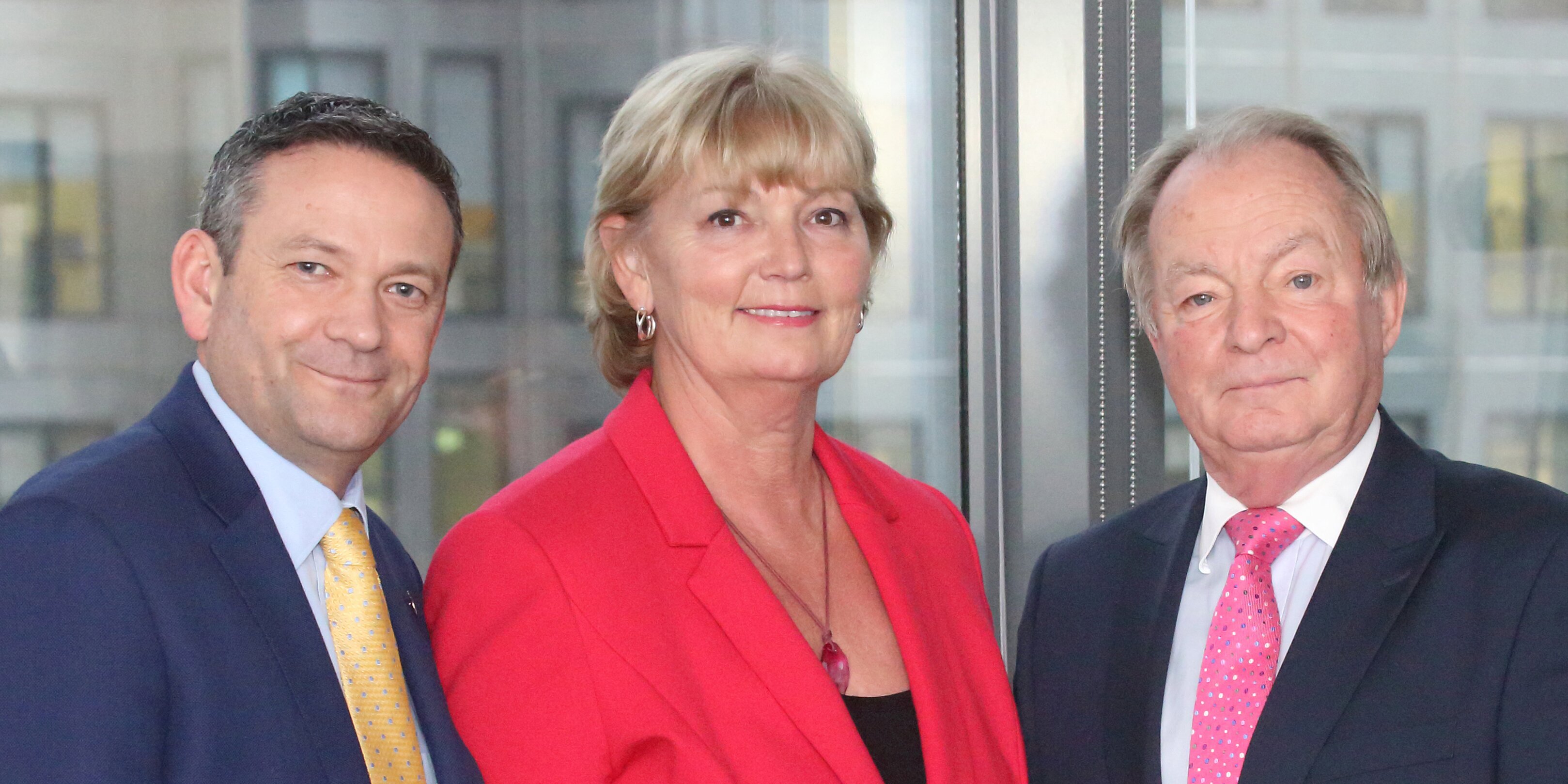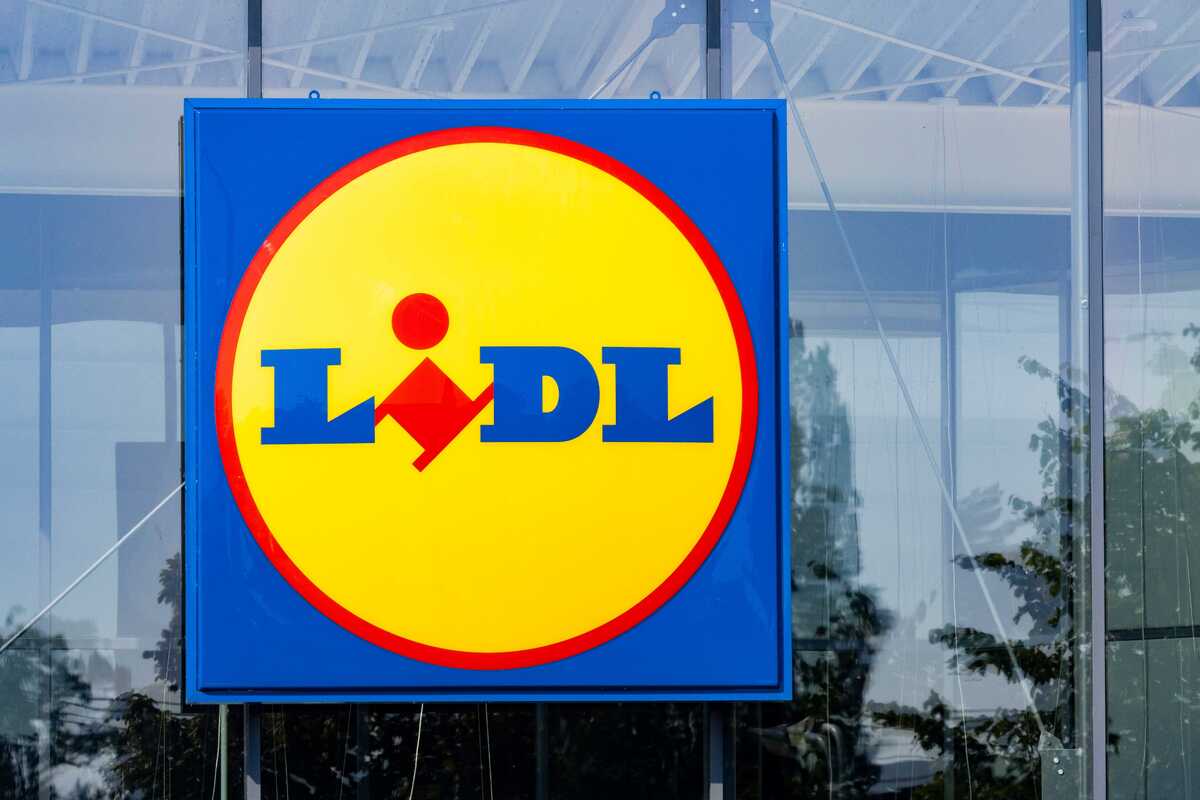Working from home isn't the answer for us as social animals, says Wendy Bartlett
We’re missing out on the nuances of interaction and body language when we communicate via screens, says Wendy Bartlett
I am sure you are as bored as me when it comes to conversations about Covid, yet it is inevitable given that it affects everything.
Working from home is, in particular, having a significant effect on our business and, although I agree it has its place, I also think that the impact of no office time or meeting face-to-face is much-missed and ignored in the press.
The longer this goes on, it is going to make it increasingly harder for companies to get people to actually attend when needed. People have added ‘hooks and habits’ from WFH to be factored in, such as animal care, child care, house care, etc. My favourite reason is somebody telling their boss that they can’t go into work because they have a puppy and it gets lonely.

Team sessions allow you to see the team as a whole, the interaction, the small hints on issues, the people who shine and those that need encouragement. It can’t be done at a PC screen with little boxes separating people. Those ‘water cooler moments’ where people meet and are not in their scheduled Zoom/Teams call are invaluable – no longer will the departments interact and collaborate by chance.
I see a lot in the media about people saying: ‘it’s not my job to support a coffee shop or a sandwich bar’, but those people who work there contribute to the economy as well and that means those enjoying home working may also be at risk from losing their job as the unemployment market starts to have an impact along the food chain.
Other factors to consider while feeling ‘it’s not your job to support hospitality’ is that one day it may be you as this goes on. Talk is now of drastic measures, such as a four-day week (not sure I know of many that WFH productively on a Friday). If you don’t need to be in office, then the company doesn’t need to have to pay expensive London rates or indeed have UK workers in some sectors.
In hospitality, as leaders, if we never left our desks to visit the frontline team, it wouldn’t affect the task of delivering a meal, drink or a service as the waiting team or chefs are quite able to do that. However, the big impact would be the lack of influence, guidance, the small touches and above all, walking the talk. This new way of working needs to be thought about rather than just adopted as it adds major skill challenges to the leadership and management of teams.
This is a dilemma I saw recently where the chief executive of a business joined two months before lockdown. Fast-forward nine months and he hasn’t been able to stamp his vision onto a business. How can he know about the stars of the business who are not in his immediate team? How will others in the company ever get the opportunity to talk to him, see or be influenced by the things he brings to the mix? How will he affect his culture and imprint on the business?
As all great hoteliers and hospitality people know, we all need to walk the talk and not sit behind a screen.
Despite the challenge workplace caterers are facing now, I do know that things will recover, because I firmly believe that, after a while, the effectiveness and energy of a business will wane if people do not physically mix and interact and company cultures will alter.
Business is largely about productivity today, and the need for innovation and inspiration for the future.
Business is largely about productivity today, and the need for innovation and inspiration for the future
People want to be in the office. They want to be seen. No journey of success is made in isolation – it takes people, it takes understanding body language and learning from others. This is what makes you better as a professional and as a person. Real life is about being social – that’s what we are built for.
















